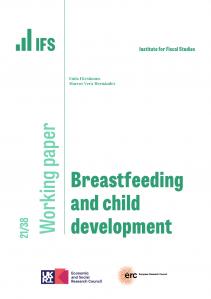Working Paper
Community-based interventions, particularly group-based ones, are considered to
be a cost-effective way of delivering interventions in low-income settings. However,
design features of these programs could also influence dimensions of household and
community behaviour beyond those targeted by the intervention. This paper studies
spillover effects of a participatory community health intervention in rural Malawi,
implemented through a cluster randomised control trial, on an outcome not directly
targeted by the intervention: household consumption smoothing after crop losses.







































